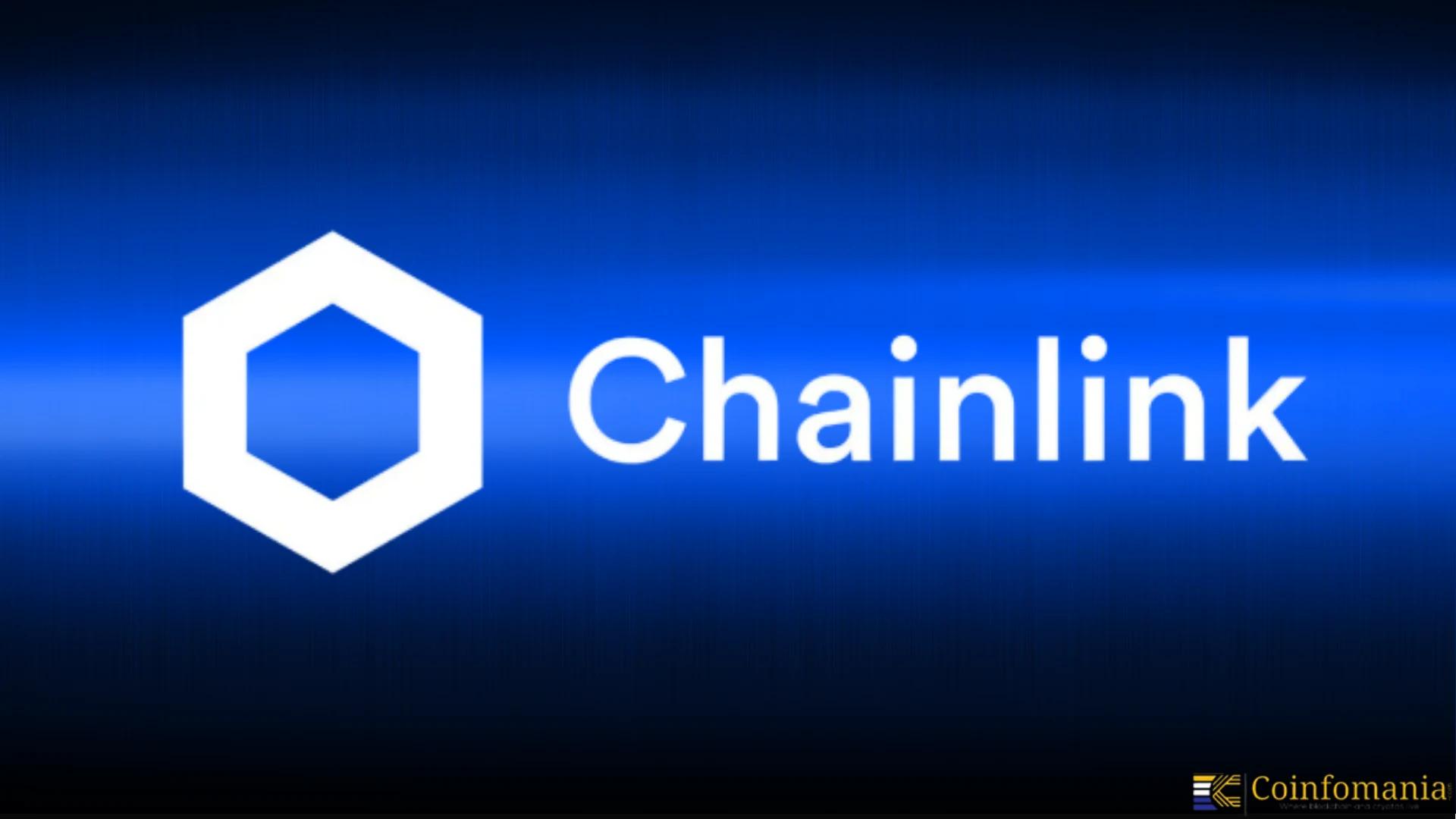Chainlink Develops Privacy-Preserving Tools to Advance AI Training
Chainlink is solving one of AI’s biggest problems—lack of safe access to private data. Here’s how its privacy-preserving oracles could reshape how AI learns, without risking your personal info.

Quick Take
Summary is AI generated, newsroom reviewed.
Chainlink is tackling one of AI’s biggest challenges: safe access to private data.
Most AI models rely on public data, which limits their accuracy and growth.
Chainlink’s privacy-preserving oracles let AI learn from sensitive data without exposing personal information.
This breakthrough could improve AI in healthcare, finance, disaster response, and more—while keeping user data secure.
AI Has a Data Problem, And It’s Bigger Than You Think
AI models like ChatGPT and Google Gemini are pretty smart, but they’re also running low on fuel. That “fuel” is data. Right now, most artificial intelligence systems are trained on what’s already out there on the public internet. Like blog posts, social media, old research papers, and Reddit threads.
But that’s only a small part of the story. The real goldmine lies in private, sensitive data, things like medical records, financial histories or government research. These are what could really help AI make huge leaps forward, from detecting diseases earlier to predicting market shifts more accurately.
So what’s stopping us? One word: privacy.
Enter Chainlink: The Bridge Between AI and Private Data
In a recent tweet, Chainlink explained how its technology could open up new doors for AI, safely. Chainlink’s Chief Scientist, Ari Juels, and Dan Moroney, a former AI advocacy lead at Google, are working together to address this huge challenge.
Their idea is simple, but powerful: give AI access to valuable data without ever exposing it.
Chainlink is building what’s called privacy-preserving oracles and secure data pipelines. These systems act like locked mailboxes, AI can learn what it needs, but it never sees who the data came from or any identifying details. It’s all encrypted, protected, and verified.
Why This Matters: AI That Helps, Without Harming
Let’s say a hospital wants to help train an AI to detect cancer early. Right now, sharing patient records would be a legal and ethical nightmare. But with Chainlink’s tech, that hospital could safely feed anonymised, encrypted data into the model, without ever compromising a patient’s privacy.
The same could work in banking, climate research, or even government planning. Think of the possibilities:
- Smarter health predictions
- Faster disaster response
- Better financial modeling
All of this becomes possible if we solve the privacy puzzle, and that’s exactly what Chainlink is working on.
Experts Are Paying Attention
Dan Moroney, who worked at Google before joining Chainlink, says that privacy is the missing piece holding AI back. “People need to trust that their data won’t be misused,” he said. “If we can get that right, we unlock a whole new era of safe, powerful AI.”
Chainlink’s Ari Juels agrees, saying that the future of AI depends on responsible data use. It’s not just about building smarter machines, it’s about doing it the right way.
Final Thoughts: A New Way Forward for AI
We often hear about the risks of AI, but not enough about the opportunities we’re missing because of a lack of secure data. Chainlink’s privacy-first tools could change that.
Instead of scraping the same old web pages, AI could finally learn from real, meaningful data, without putting anyone at risk. It’s a win for innovation, and a win for privacy.
As AI continues to shape our world, Chainlink might just be the technology that makes sure it does so safely, smartly, and ethically.
Follow us on Google News
Get the latest crypto insights and updates.


